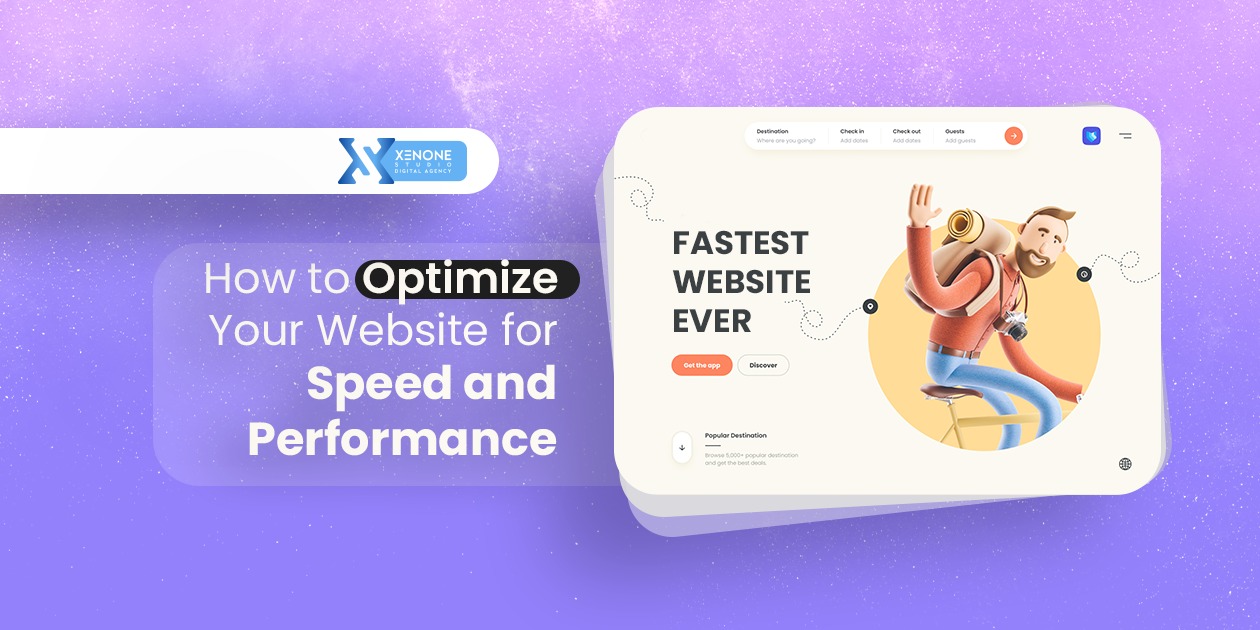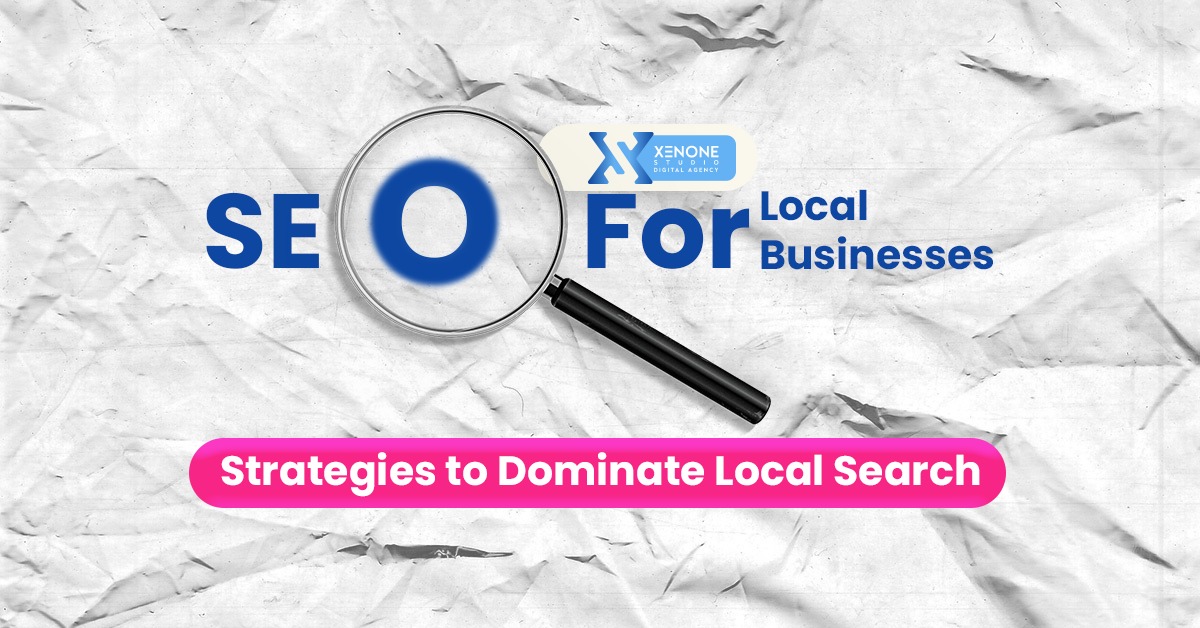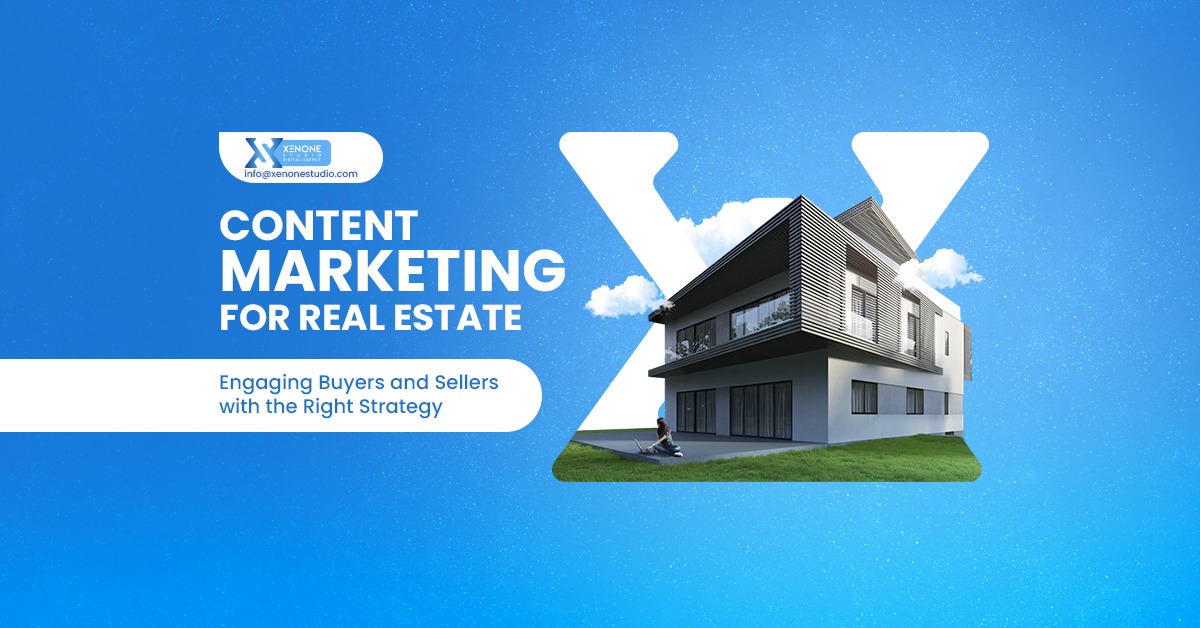The New Era of Real Estate Marketing
Digital Marketing for Real Estate has come a long way from “For Sale” signs and newspaper listings. Today, digital marketing is redefining how potential buyers and sellers interact with properties and realtors. For real estate professionals, mastering digital marketing is no longer optional—it’s an essential tool for staying competitive in an increasingly tech-savvy world.
Traditional vs. Digital Marketing for real estate
Traditional marketing methods, while still useful, like direct mail, flyers, and open houses, are limited by geography and reach. Digital marketing, on the other hand, allows you to target a global audience, use data for precision strategies, and provide engaging, interactive experiences like virtual tours.
Why Digital Marketing for Real Estate Matters!
The most crucial reason to incorporate digital marketing into your strategy? Consumer behavior has changed. According to data from Zillow, 99% of homebuyers aged 23-56 use the internet to search for homes. Properties listed online with high-quality visuals and engaging descriptions often sell faster and for higher prices. If you’re not leveraging these tools, you’re leaving opportunities untapped.
Here’s what you’ll gain by going digital:
- Wider Reach: Attract local, national, or even international buyers.
- Efficiency: Use AI-driven tools like chatbots to qualify leads and manage inquiries 24/7.
- Better ROI: Track data and measure results to refine strategies over time.
- Engagement: Create interactive content like 3D walkthroughs that keep potential buyers hooked.
The Key Components of Digital Marketing for Real Estate
1. Search Engine Optimization (SEO)
To attract buyers and sellers, your website needs to rank high on search engines like Google.
Tips for Real Estate SEO:
- Local SEO: Optimize for location-based keywords like “houses for sale in Miami” or “real estate agents in Austin.”
- On-Page SEO: Ensure your property pages include high-quality descriptions, keywords, and optimized meta tags.
- Off-Page SEO: Build backlinks by collaborating with local blogs or news outlets that cover your listings or expertise.
2. Pay-Per-Click (PPC) Advertising
PPC campaigns can deliver fast results by targeting specific buyer demographics, boosting visibility for new listings, and driving traffic to your website.
Best PPC Practices:
- Use Google Ads to display property ads to users searching for homes in your area.
- Facebook Ads allow hyper-targeted campaigns by geography, age, or even browsing behavior.
- Deploy retargeting ads to remind past website visitors about your properties or services.
3. Social Media Marketing
Social media platforms like Instagram, Facebook, YouTube, and even TikTok have become indispensable tools for real estate professionals.
How to Engage on Social Media:
- Share virtual tours, behind-the-scenes videos, or customer stories.
- Utilize Instagram’s or TikTok’s reel function to showcase properties in an engaging way.
- Use LinkedIn to network with other realtors, contractors, or potential investors.
4. Email Marketing
Many assume email marketing is outdated, but it remains one of the most effective ways to nurture leads.
Email Campaign Suggestions:
- Send drip campaigns with new listings or market insights.
- Share announcements about price reductions or open houses.
- Personalize emails by including the recipient’s name, location, or browsing history.
5. Content Marketing
Creating useful and engaging content builds credibility and attracts inbound leads.
Content Ideas for Real Estate:
- Blogs about market trends, home-buying tips, or neighborhood guides.
- Videos like client testimonials, home tour walkthroughs, or agent interviews.
- Offer downloadable resources, like home-buying checklists or market reports.
Leveraging Technology for Faster Deals
Virtual Tours & 3D Walkthroughs
Virtual tours can make your properties stand out. Tools like Matterport allow you to create realistic, immersive home tours buyers can view from anywhere.
- For buyers: They can explore homes without traveling, saving time and effort.
- For sellers: Properties with virtual tours often sell faster because they attract more serious buyers upfront.
Chatbots & AI-Powered Lead Management
AI chatbots can instantly qualify leads, schedule showings, and provide property information 24/7. Integrated with your CRM, they keep you connected to potential buyers while automating repetitive tasks.
Mobile Optimization
Most buyers use mobile devices to browse listings. Ensuring your listings and website are mobile-friendly is critical.
- Optimize for mobile-first design.
- Include easy-to-click navigation and quick load times.
- Leverage apps like Zillow or Realtor to extend your reach.
Best Practices for Digital Marketing in Real Estate
Consistency Across Platforms
Your messaging should be uniform, whether buyers are reading your blog or checking your Instagram page. Brand consistency establishes trust and professionalism.
Develop a Content Plan
- Showcase unique property stories through before-and-after pictures or remodeling tips.
- Maintain a content calendar for posting regularly across platforms.
Data-Driven Decisions
Use analytics tools like Google Analytics, Facebook Insights, or your CRM’s reporting features to monitor performance and adjust your strategy.
Real-World Success Stories
Real estate agency XYZ implemented a comprehensive digital marketing strategy that included virtual tours, PPC campaigns, and email marketing. Within six months, they reported:
- A 35% increase in property inquiries from social ads.
- A 20% reduction in time-to-close on listed properties.
- Growing their email list by 50%, creating more long-term opportunities.
The Future of Digital Marketing for Real Estate
Upcoming Trends
- AI & Machine Learning for hyper-personalized marketing.
- Voice Search Optimization to cater to smart home assistants.
- Augmented Reality (AR) for virtual furniture staging and property explorations.
Staying Ahead
Invest in tools and training to keep pace with trends. Partner with experts, such as digital marketing agencies specializing in real estate, for tailored guidance.
What’s Next for Your Real Estate Business?
Digital marketing for real estate professionals isn’t just a “nice-to-have” —it’s the backbone of a successful, modern real estate business. By leveraging tools like virtual tours, SEO strategies, and personalized email campaigns, you can boost your listings, increase your inquiries, and close deals faster.
Need guidance on where to begin? Start by creating a clear digital marketing strategy or collaborating with a professional team to unlock your business’s full potential.









